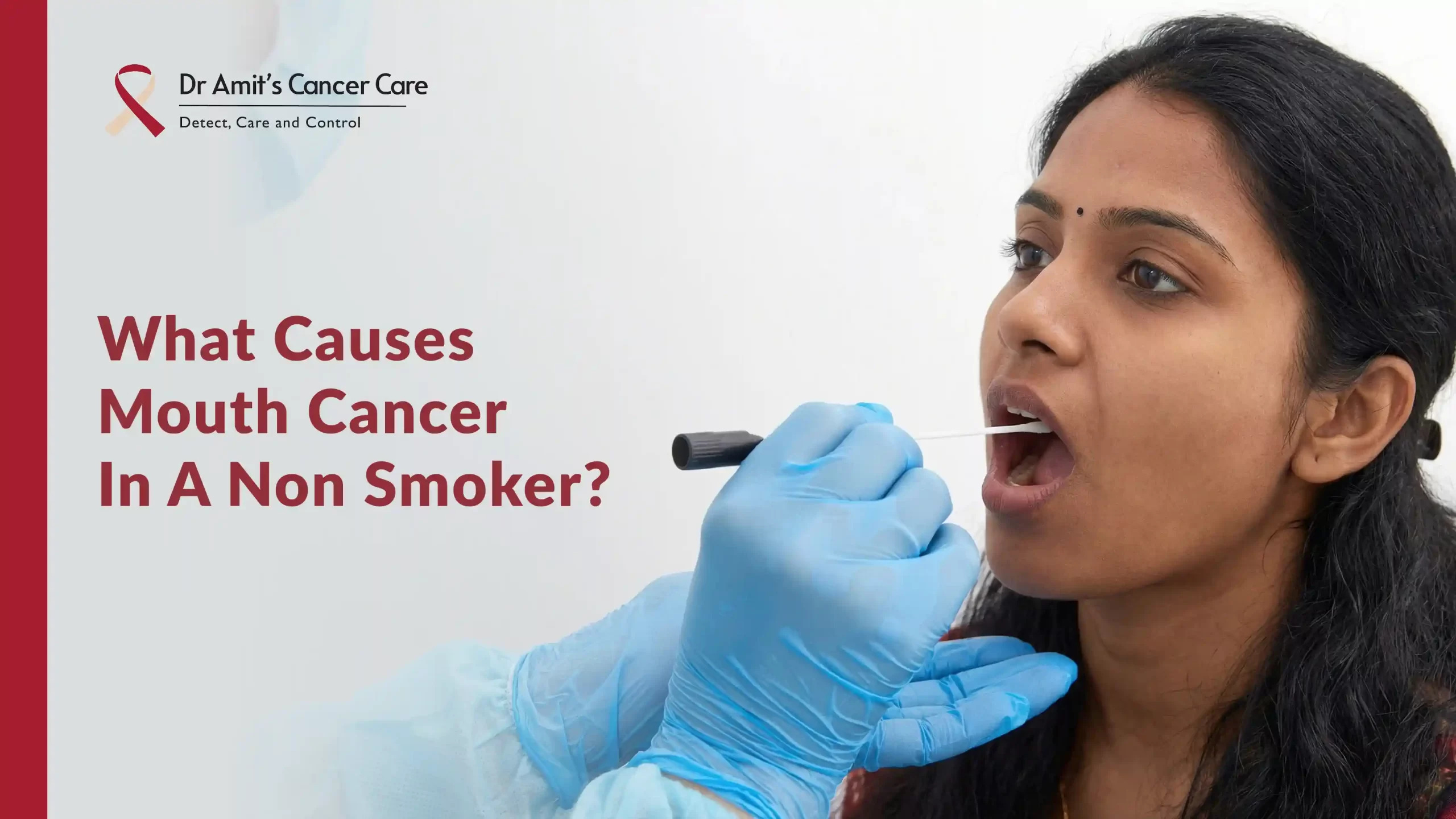When a loved one is undergoing cancer treatment, your support can make a significant difference in their journey. From emotional encouragement to practical assistance, your role is invaluable. However, knowing how to help effectively can be challenging. This blog offers practical tips to help you provide meaningful support to someone navigating cancer treatment, especially for head and neck or oral cancer.
1. Educate Yourself About Their Diagnosis
Understanding the type of cancer, treatment options, and potential side effects helps you provide informed support.
- Learn About the Treatment Process: Know what procedures and therapies are involved, such as surgery, radiation, or chemotherapy.
- Ask Questions: Encourage open communication with their healthcare team to clarify doubts.
- Stay Updated: Stay informed about advancements in treatments for oral and head and neck cancers.
This knowledge empowers you to anticipate their needs and provide better care.
2. Offer Emotional Support
Cancer treatment can be emotionally draining. Be a constant source of comfort and reassurance.
- Listen Actively: Simply being there and listening may make a huge difference.
- Encourage Positivity: While it’s important to acknowledge their feelings, remind them of their strength and resilience.
- Be Patient: They may experience mood swings or fatigue; understanding their struggles is crucial.
3. Help with Practical Tasks
Cancer treatment often brings physical and logistical challenges. Lend a hand with day-to-day responsibilities.
- Meal Preparation: Prepare soft, nutritious meals suitable for someone undergoing treatment for oral or head and neck cancer.
- Transportation: Offer to drive them to appointments or therapy sessions.
- Household Chores: Assist with cleaning, shopping, or managing their schedule.
These small gestures can significantly reduce their stress and allow them to focus on recovery.
4. Be Mindful of Their Physical Needs
Cancer treatments can lead to side effects that impact daily life.
- Encourage Hydration: Help them stay hydrated, which is crucial during treatment.
- Create a Comfortable Environment: Provide pillows, humidifiers, or soothing music to make their recovery space pleasant.
- Monitor Their Symptoms: Keep track of any side effects or changes in their condition and report them to the healthcare team.
5. Accompany Them to Appointments
Medical visits can be overwhelming, and having a supportive presence makes a difference.
- Take Notes: Write down key points during consultations to help them remember instructions.
- Ask Questions: Clarify treatment plans or side effects if they are hesitant to ask.
- Be Their Advocate: Support them in making informed decisions about their care.
6. Encourage a Healthy Lifestyle
While treatment is ongoing, healthy habits can aid their recovery.
- Promote Gentle Exercise: Encourage short walks or light stretches to improve their mood and physical health.
- Suggest Relaxation Techniques: Meditation, breathing exercises, or yoga can reduce stress and anxiety.
- Focus on Nutrition: Help them stick to a diet rich in fruits, vegetables, and lean proteins to boost their immune system.
7. Respect Their Independence
While it’s natural to want to help, ensure they retain a sense of autonomy.
- Ask Before Helping: Instead of assuming, ask what specific help they need.
- Respect Their Boundaries: Give them space when they need it.
- Empower Decision-Making: Support their choices, even if they differ from what you’d prefer.
8. Build a Support Network
Caring for a loved one through cancer treatment can be emotionally stressful.
- Coordinate with Family and Friends: Share caregiving responsibilities to avoid burnout.
- Seek Professional Help: Consider counseling or support groups for caregivers.
- Leverage Community Resources: Tap into local organizations offering cancer support services.
9. Be Prepared for Emotional Highs and Lows
Cancer therapy is an up-and-down journey.
- Celebrate Small Wins: Whether it’s completing a treatment cycle or feeling better for a day, acknowledge progress.
- Stay Positive: Help them focus on hope and the future.
- Be Kind to Yourself: Caregiving can be challenging, so prioritize your well-being too.
10. Encourage Regular Follow-Ups
Post-treatment care is vital to ensure long-term recovery.
- Schedule Appointments: Help them stay on top of follow-ups and screenings.
- Monitor Long-Term Side Effects: Watch for any recurring symptoms and report them to their doctor.
- Reassure Them: Remind them that ongoing care is part of the recovery process.
Supporting with Compassion
Being there for a loved one during cancer treatment is an act of profound care and compassion. By providing practical, emotional, and physical support, you play a key role in their journey toward recovery. Remember, small actions can make a big difference.
If you or someone you know is navigating cancer treatment, our team is here to provide comprehensive guidance and care. Contact us today to learn more or schedule a consultation.






